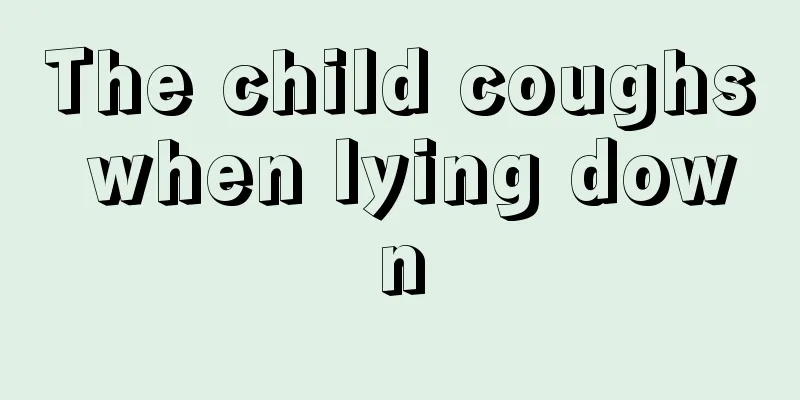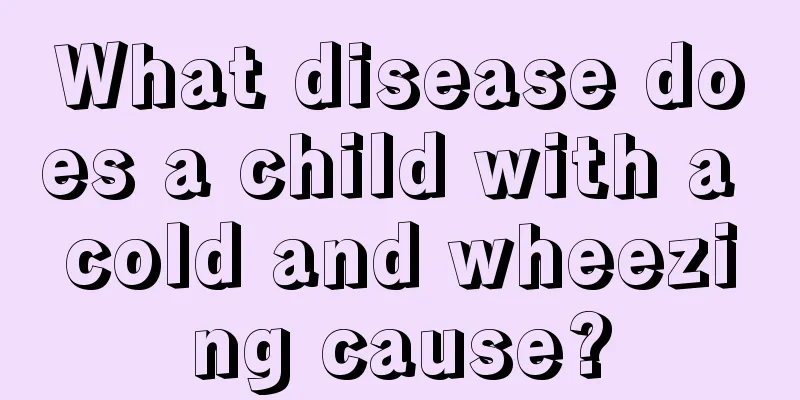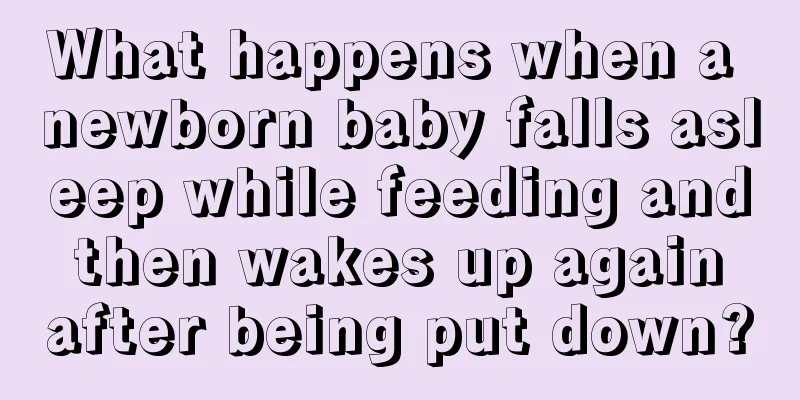How to treat baby eczema

|
Babies are very young and have relatively poor immunity. They are easily affected by adverse external factors. At this time, they may show symptoms of eczema, especially for children who are not yet a month old. If eczema occurs, parents often feel at a loss. At this time, you must seek medical treatment in time to avoid delaying the best time for the child's treatment. Generally speaking, treatment with certain topical medications can achieve relatively good results. What to do if your 20-day-old baby has eczema Once the baby shows symptoms of eczema, the mother will feel helpless, and it is even more heartbreaking to see the baby's cheeks turn red. Once you find that your baby has eczema, seek medical treatment immediately and do not miss the treatment time. Treatment of any disease should be symptomatic treatment based on eliminating the cause. The main cause of infant eczema is related to milk. It is common sense that milk products should be stopped. However, the child is only a few months old. How can he survive without milk? Therefore, the most important method of treating infant eczema is symptomatic treatment - eliminating rash and relieving itching. Eliminating rash can relieve skin damage and avoid skin infection; relieving itching can relieve children's pain, avoid skin scratching, and prevent infection. At present, the truly effective drug is an ointment containing hydrocortisone hormone, and a 0.1% concentration preparation is usually used. Generally, apply the ointment thinly on the rash 2 to 3 times, and the rash will improve significantly and the itching will be significantly reduced. Applying moisturizer frequently after the rash improves can prolong relief. Since the root cause of eczema is milk intolerance, eczema will reappear after a period of time. Repeated use of hormone ointment in this way until the demand for milk gradually decreases after the addition of complementary foods and the child's tolerance to milk gradually increases can fundamentally alleviate the occurrence of eczema. Is eczema contagious? Eczema is an autoimmune disease and also a hypersensitivity disease. It is caused by the body's own antibodies acting on its own tissues. It is not caused by bacterial or viral infection and is therefore not contagious. 1. Eczema is an allergic disease with a genetic tendency, and is more common in infants who are allergic to milk. 2. The proportion of babies who are bottle-fed and suffer from eczema is higher than that of babies who are breastfed. Infant eczema is first seen in infants aged 1-3 months. Newborn eczema is also called neonatal eczema. Children with infant eczema are prone to develop other allergic diseases in the future, such as asthma, allergic rhinitis, allergic conjunctivitis, etc. 3. Baby eczema is an allergic reaction in infancy and is related to the body’s immune system and allergens. It is not contagious, but eczema will worsen if not treated properly. Eczema is a relatively acute disease and is not contagious. After the onset of the disease, many bumps will grow on the skin, so people think that eczema is contagious. In fact, eczema is not contagious. This is because people do not understand it, which leads to misunderstandings. |
<<: Is it OK for children to have a midnight snack?
>>: What medicine is good for children with intestinal spasms
Recommend
How to treat black stool in children?
Many parents find that their baby's feces are...
Can children have their teeth extracted?
If children have some dental diseases, conservati...
How to stimulate children’s appetite?
Nowadays, most families have only one child, and ...
Causes of nosebleeds in children
Especially in summer, children are particularly p...
How to care for children with early pneumonia?
Children are very fragile. If parents are not car...
What is the most appropriate frequency for babies to swim?
Can babies swim? Many people are skeptical about ...
What is the cause of hand, foot and mouth disease in children?
Hand, foot and mouth disease is a disease that ev...
What should I do if my child has hemorrhoids?
Many people around us suffer from hemorrhoids to ...
How to make children's bone soup
Childhood is the period of rapid growth and devel...
How to stop a child's nose bleeding?
A child is the apple of the eye of the entire fam...
Baby diarrhea with bloody mucus
Summer is the peak season for disease outbreaks, ...
What's the matter with the yellow scab in the baby's ear
When babies are just born, they are carefully car...
What are the symptoms of recurrent hernia in children?
Most people believe that pediatric hernia will no...
Ten tips to help you solve the problem of children's picky eating
Now many children in our family have more or less...
Why do children hold their breath when sleeping?
Nowadays, most families have only one child, and ...









